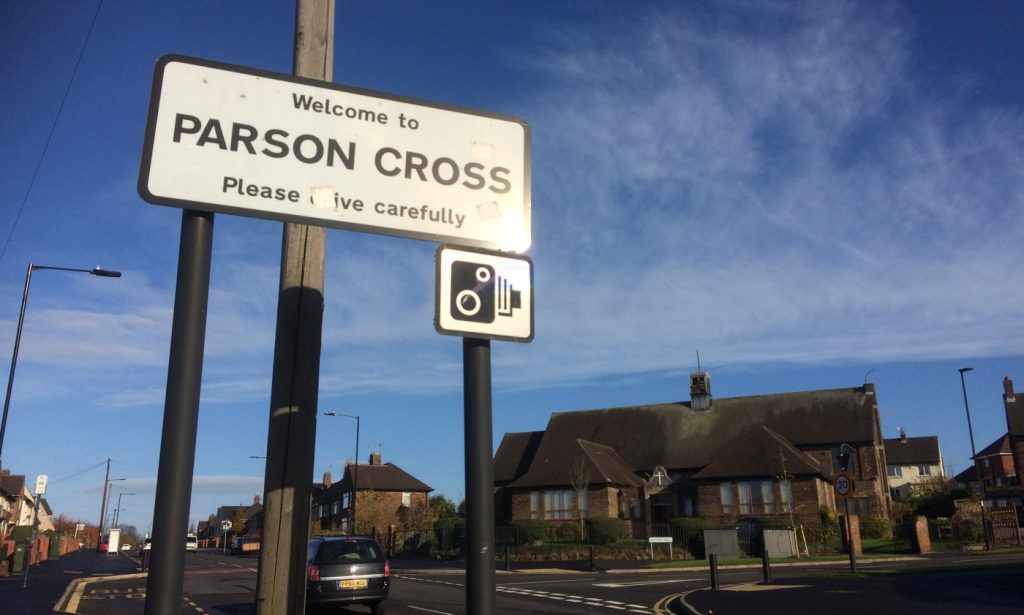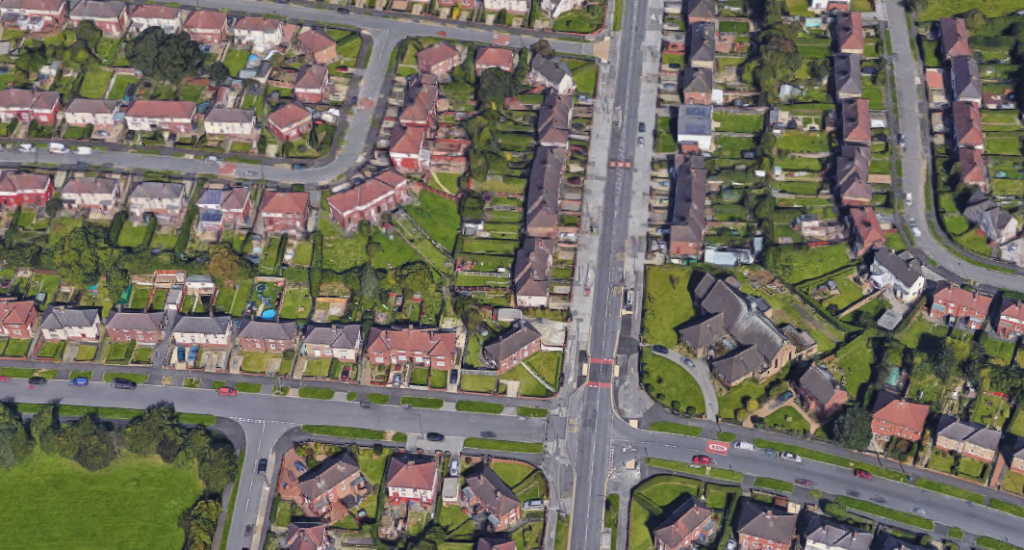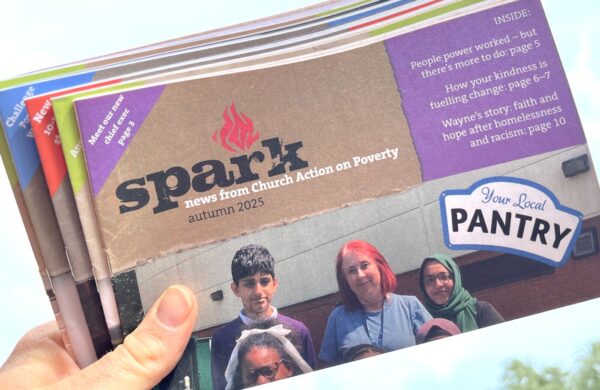Food banks can’t meet this demand. We urgently need a new plan
I am a volunteer and I manage our independent foodbank in Parson Cross, in North East Sheffield. We have been operating for over nine years and in the past twelve months we have been providing food parcels for around 90 households a week.

by Charlotte Killeya, from the Parson Cross Initiative
Almost two weeks have passed since I tried to order our regular Foodbank ‘top-up’ delivery from a supermarket online (see my previous blog article.) It feels much longer ago than that. Since then, life has changed more dramatically than any of us could have imagined. Unless we are a key worker, we have been told to stay at home. We can only venture beyond our front door to shop for essentials, to exercise locally once a day and to support someone who is vulnerable. For the vast majority of parents, our children are no longer at school. We can no longer visit friends and family. Contact with the outside world is now reliant on screens and phones, if we have them.

Two weeks ago, we did manage to get a delivery slot with the supermarket. Items were substituted and we received less of some products. At the time, the focus was on panic buying, hoarding and fights over toilet rolls. We tweeted things like “Stop Hoarding, Start Sharing” and asked people if they could help foodbanks by donating any extra products that they could find. People spent days driving round different supermarkets trying to get us extra items. However, as we stood back from it all, we knew that we were facing a crisis that we, and the country, were not prepared for.

Anyone who has ever run a foodbank, or volunteered at one, will have experienced the feeling at the end of a session when you look at the shelves and realise that the food cupboard is bare. It’s something that we have got used to seeing: those gaping holes on the shelves.
Fortunately, in the past we have always managed to fill them again using donations of money and food. At times we have been astounded how quickly and generously the local community and other local food projects have supported us. However, each week there has always been that nagging question of doubt: “Will this be the week that we will run out of food and have to close our foodbank doors?” We have continually said that this model of food access and distribution for the most vulnerable in our society is not sustainable and is not a solution to the underlying issues about why people use foodbanks.
1. Let us tell u story of an #inefficient and #unjust system of food #access & #distribution for the most vulnerable including those on LOW INCOME (who politicians seem to be ignoring).. sit back and get comfy it’s a long thread… pic.twitter.com/nqoK55EOba
— PXI Projects (@pxiprojects) March 28, 2020
Speaking truth to power
How many more conversations can we have? How many more times can we share these experiences only to feel like those in power are not listening?
At crisis point

And now, we have this crisis that we could not have predicted. It became quickly apparent for us that we would not cope this time.
Many of our volunteers and helpers are elderly, have underlying health conditions, have family members who are vulnerable, are at home caring for their children or are already self-isolating with symptoms.
We knew that donations would likely become problematic as people were no longer able to buy the amount of food we would need. All of this would be coupled with the fact that more and more people would be in need of support. With much soul-searching, we made the decision to work with a larger Trussell Trust food bank in Sheffield who have access to more donors, space and volunteers. This is a pattern that we are likely to see repeated across the UK as some local foodbanks close their doors.
The problem that we urgently face in this Coronavirus crisis is the need for organised access and distribution of food nationally.
Panic-buying has been blamed for empty supermarket shelves, and for a time I thought this was true myself, because it was hard to step back from the footage we saw; but with time for reflection, I’m afraid that this is not the whole story.
Our food distribution has been largely based upon a system of just-in-time stock control. Supermarkets do not have vast warehouses on site, but instead rely on deliveries that are timed to meet with drops in stock levels. The way supermarkets manage stock control is linked to consumer behaviour. Before this pandemic, many consumers shopped frequently for smaller amounts. Now, many people are opting to go less often and therefore are buying more items each visit.
This change in behaviour is having a big impact on the availability of food and therefore we are seeing supermarkets ‘ration’ the amount of food we can buy per visit.
So, the idea that foodbanks and the rest of the charity sector will be able to somehow “Feed The Nation” at this time is an impossibility and a burden that we cannot and should not bear.This week alone, almost half a million people have signed up to Universal Credit and will be waiting five weeks until their first payment. Foodbanks up and down the country will not be able to deal with this sudden and dramatic increase in numbers. We have spoken to people who only a few weeks ago had a job, ran their own business or were self-employed are now saying they will soon have to start making the choice between paying bills and buying food. These are, as we keep hearing, unprecedented times.
The answer...?
Foodbanks have been saying for years that we were under enormous pressure. Whatever remedies are put in place by Government, both at a local and national level, they need to be clear, they need to be fair, they need to be universal and they need to be implemented quickly.




Comments (01)
Comments are closed.